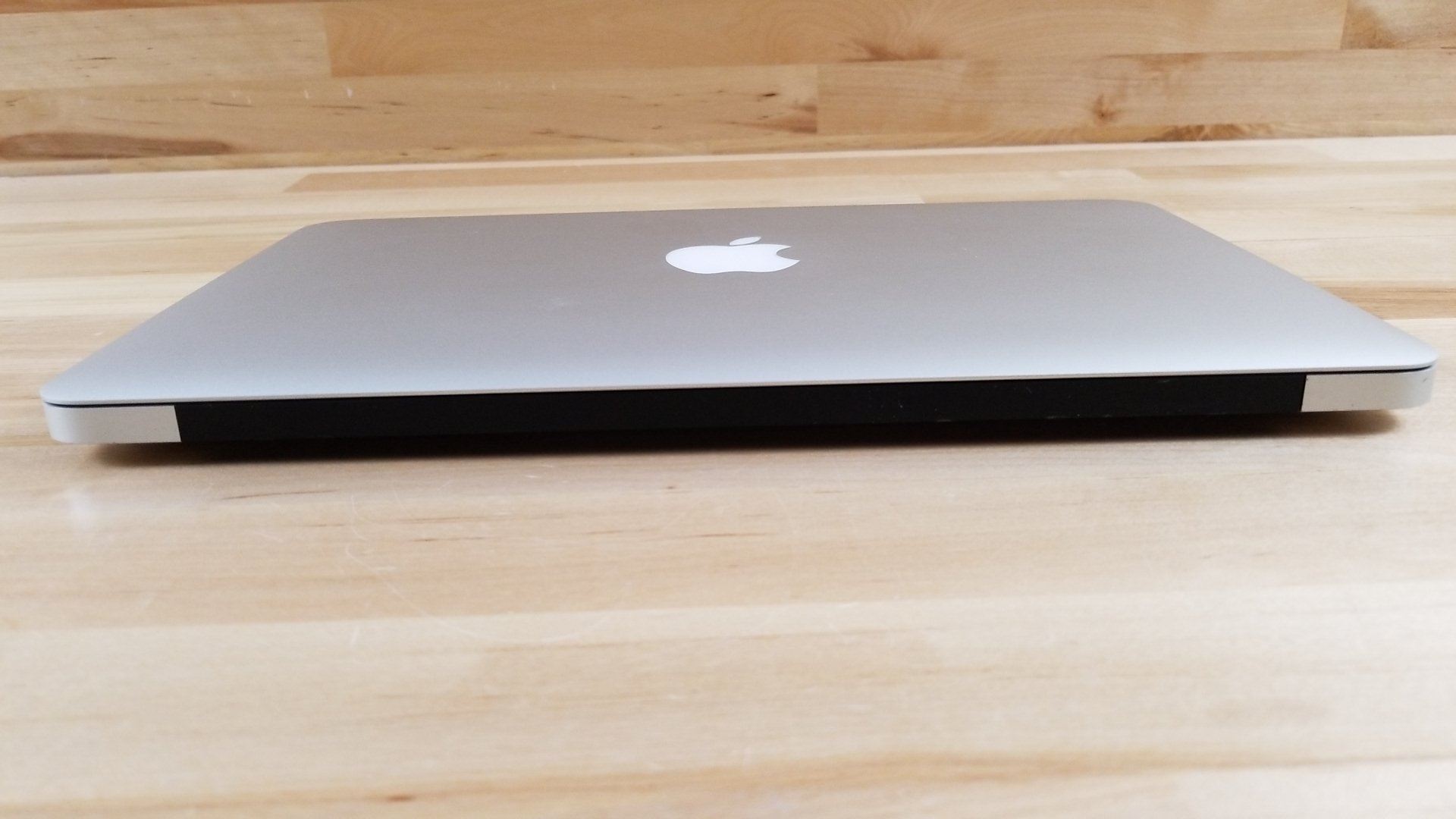
These drives showed different transfer characteristics. A Toshiba drive in the 11-inch MacBook Air sample and a SanDisk drive in the 13-inch MacBook Air. Small-file random read/writes averaged 157 and 158 MB/s respectively.Īs we mentioned above, these two MacBook Air laptops had flash drives from different drive manufacturing suppliers. With 20-100 MB files, this moved to 760 MB/s reads and 578 MB/s writes. Sequential medium-file read speeds 2-10 MB were 723 MB/s, and 592 MB/s writes. When we tested the 13-inch MacBook Air model, also with a 256GB flash drive, we found it turned in broadly similar numbers to the 11-inch Air, but with important differences. (For context, the best SATA SSDs fitted to state-of-the-art desktop PCs will peak at around 550MB/s.) Write speeds were almost as impressive, at 612 and 546MB/s respectively for the same data sets.ĭown at the smallest file sizes, random reads from 4-1024kB averaged 172MB/s, and random writes averaged to 273MB/s. In this test the 11-inch MacBook Air averaged 701MB/s for sequential reads 2-10MB size, rising to 723MB/s for 20-100MB data. We used Intuit QuickBench to evaluate an unused 50 percent partition of the internal drive, we tested the sequential speed and random read/write (single-thread) speed of flash drives in samples of both the 11- and 13-inch Apple MacBook Air. Our 11-inch MacBook Air sample had a 256 GB SSD manufactured by Toshiba (part code APPLE SSD TS0256F), while the 13-inch MBA had the same capacity drive built by SanDisk (part code APPLE SSD SD0256F). Crucially these two MacBook Air laptops had flash drives from different drive manufacturing suppliers. We tested the 11-inch 256GB MacBook Air and a 13-inch MacBook Air model, also with a 256GB flash drive. Our Macworld UK tests suggest that what has been reported is caused not by an over-arching slowdown in the latest models’ flash drives, but instead differences in the performance of drives from different OEM suppliers that Apple now uses for its notebooks’ solid-state drives. In those tests it appears that the overall system score was brought down by slower flash storage results in comparison between the two generations. Indeed, the lab tests from Macworld US suggested that the storage in the 2014 models was slightly inferior to last year’s offering.

However, performance tests of this year’s MacBook Air series have suggested that despite improved processor performance. Like the Flash storage in the 2013 model, this PCIe flash storage is up to 9x faster than a traditional 5400-rpm notebook hard drive.


 0 kommentar(er)
0 kommentar(er)
